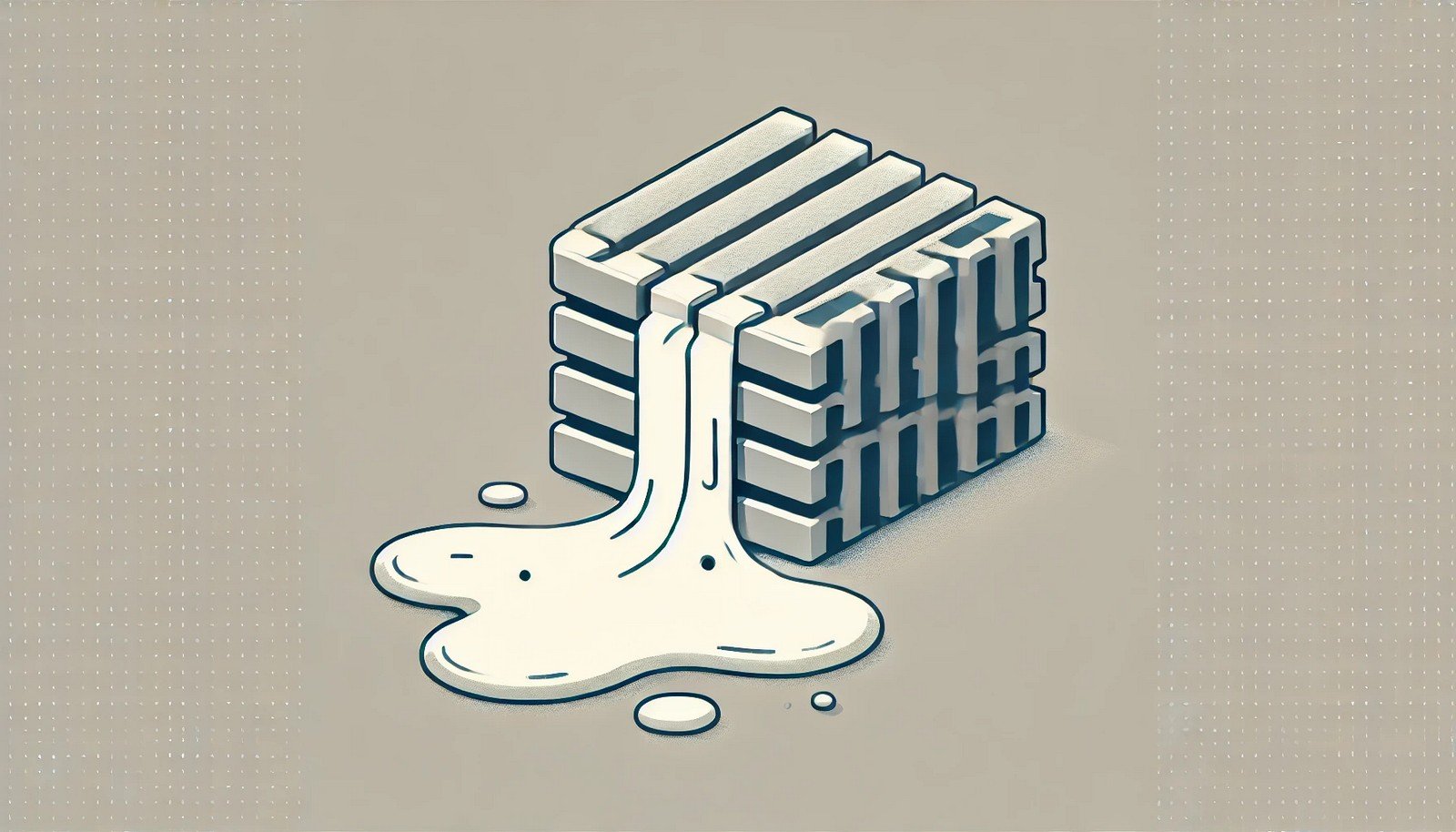Memory Leak
 (Representational Image | Source: Dall-E)
(Representational Image | Source: Dall-E)
Quick Navigation:
- Memory Leak Definition
- Memory Leak Explained Easy
- Memory Leak Origin
- Memory Leak Etymology
- Memory Leak Usage Trends
- Memory Leak Usage
- Memory Leak Examples in Context
- Memory Leak FAQ
- Memory Leak Related Words
Memory Leak Definition
A memory leak occurs when a computer program consumes memory but fails to release it after use. This often happens when a program loses references to allocated memory, preventing the system from reclaiming it. Over time, this can degrade performance, slow down the system, or even cause it to crash. Memory leaks are especially critical in applications requiring sustained uptime, like servers or embedded systems, as they can lead to resource exhaustion.
Memory Leak Explained Easy
Imagine you’re filling cups with water but forget to pour out the used water before refilling them. Eventually, you run out of cups. In the same way, a program keeps reserving memory (like the cups) without freeing it up when it's done, causing a memory leak.
Memory Leak Origin
The term "memory leak" originated in the field of computer science as developers began recognizing the issue in early software systems, particularly in languages like C and C++ that don’t have automatic garbage collection.
Memory Leak Etymology
"Memory" refers to the system's memory resources, and "leak" describes the unintended and uncontrolled loss or consumption of these resources.
Memory Leak Usage Trends
Memory leaks have been a persistent issue in software development, especially in low-level programming. With the rise of languages like Java and Python, which include garbage collection mechanisms, memory leaks have become less common but still occur due to improper coding practices or interactions with native code. Modern tools help identify and mitigate them, but they remain a concern in performance-critical applications like gaming or large-scale data processing.
Memory Leak Usage
- Formal/Technical Tagging:
- Software Development
- Programming Errors
- Memory Management - Typical Collocations:
- "memory leak detection"
- "debugging memory leaks"
- "fixing memory leak in the code"
- "prevent memory leaks with garbage collection"
Memory Leak Examples in Context
- A memory leak in a video game caused frequent crashes during long play sessions.
- An embedded system faced downtime due to a memory leak in its firmware.
- Developers used specialized tools to detect and fix a memory leak in a large-scale web application.
Memory Leak FAQ
- What is a memory leak?
A memory leak occurs when a program consumes memory and fails to release it. - How does a memory leak affect performance?
It depletes available memory, slowing down the system or causing crashes. - Which programming languages are prone to memory leaks?
Languages like C and C++ are more prone due to manual memory management. - How do you detect a memory leak?
Tools like Valgrind, LeakSanitizer, and heap analyzers help identify memory leaks. - Can garbage-collected languages have memory leaks?
Yes, improper references or native code integration can still cause memory leaks. - Are memory leaks common in mobile apps?
Yes, especially if developers mishandle resources like images or files. - What is the impact of memory leaks in servers?
They can lead to downtime or system crashes, affecting reliability. - Can a memory leak crash the system?
Yes, if memory usage exceeds system capacity, it can lead to crashes. - How can memory leaks be prevented?
By using best practices, testing thoroughly, and leveraging tools for memory management. - What are some real-world examples of memory leaks?
Famous examples include software updates in operating systems or gaming engines causing memory issues.
Memory Leak Related Words
- Categories/Topics:
- Software Engineering
- Debugging
- System Performance
Did you know?
In 1999, a NASA spacecraft, Mars Climate Orbiter, faced critical errors partly due to memory leaks and other software bugs, costing millions and demonstrating the importance of thorough debugging.
PicDictionary.com is an online dictionary in pictures. If you have questions or suggestions, please reach out to us on WhatsApp or Twitter.Authors | Arjun Vishnu | @ArjunAndVishnu

I am Vishnu. I like AI, Linux, Single Board Computers, and Cloud Computing. I create the web & video content, and I also write for popular websites.
My younger brother, Arjun handles image & video editing. Together, we run a YouTube Channel that's focused on reviewing gadgets and explaining technology.



Comments powered by CComment